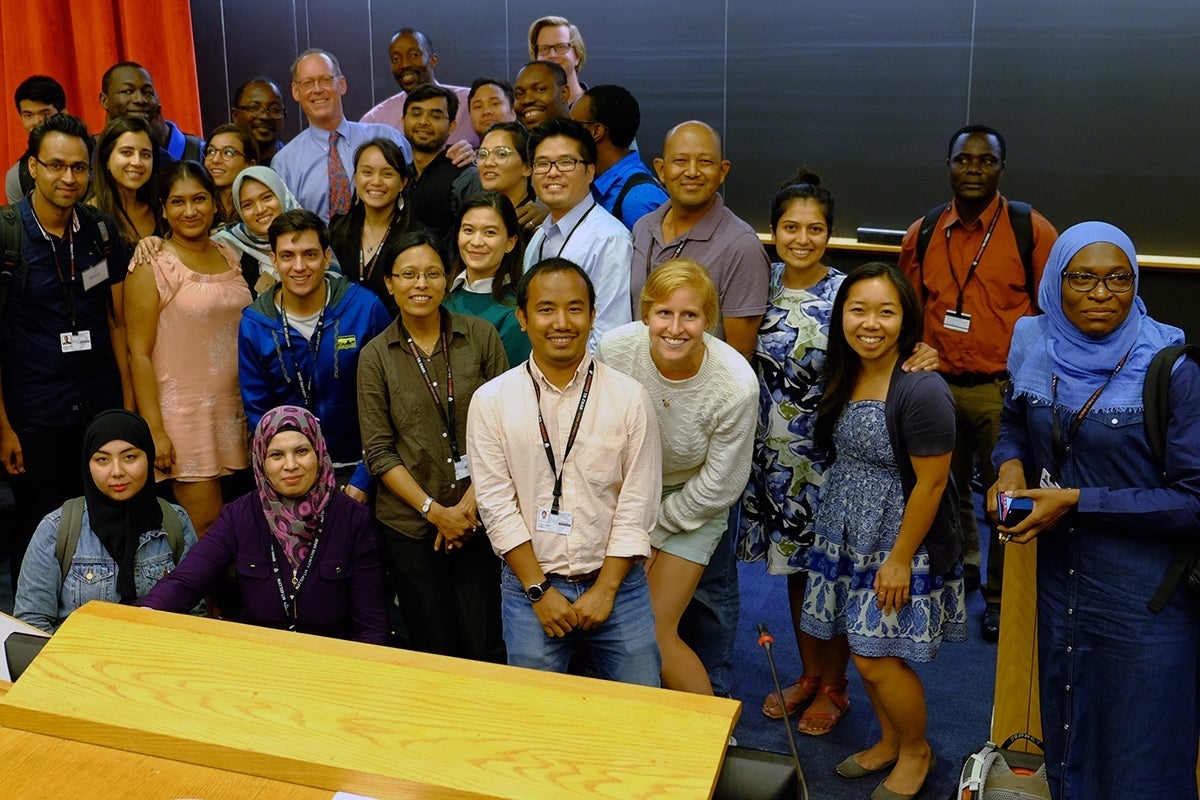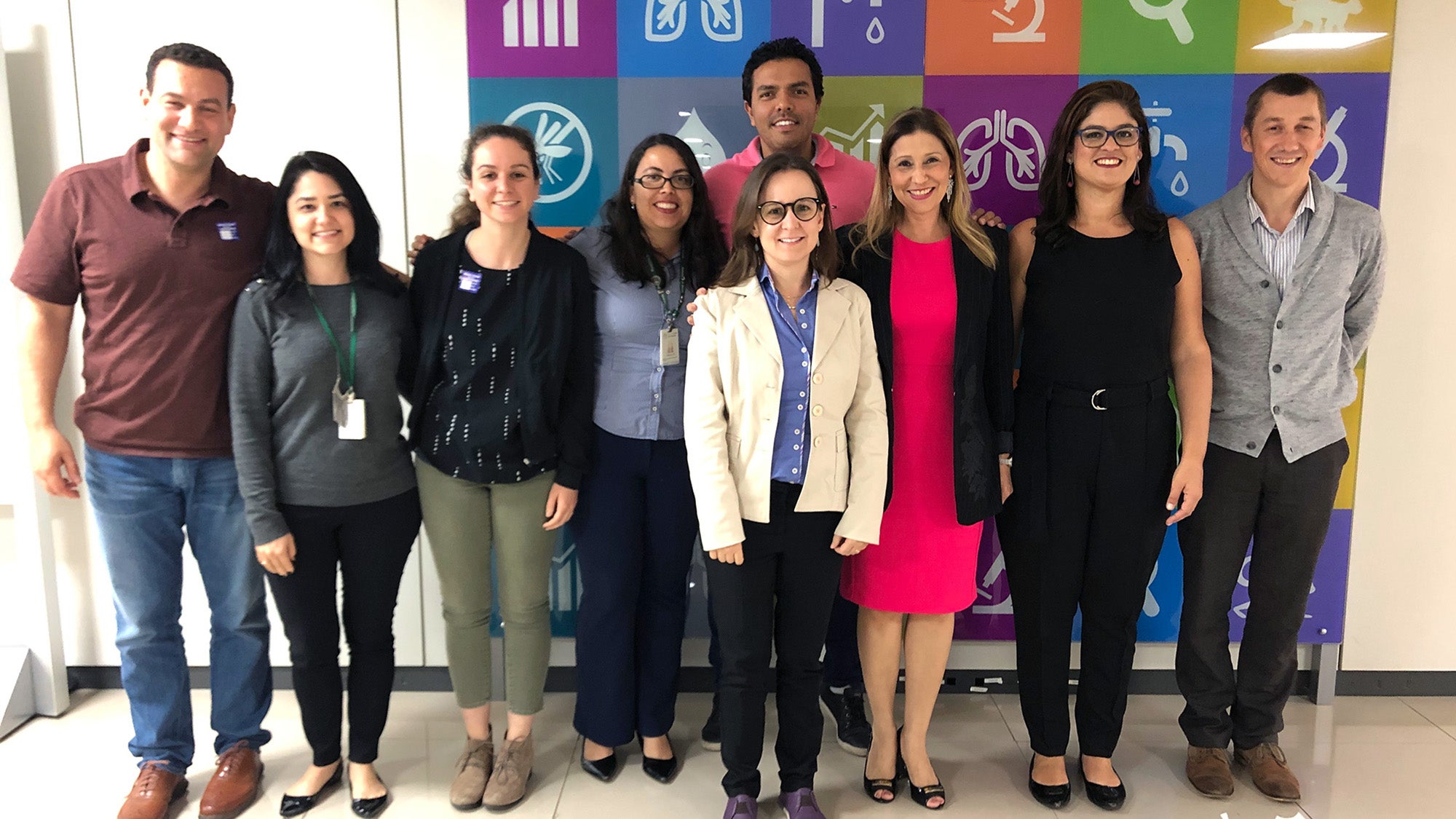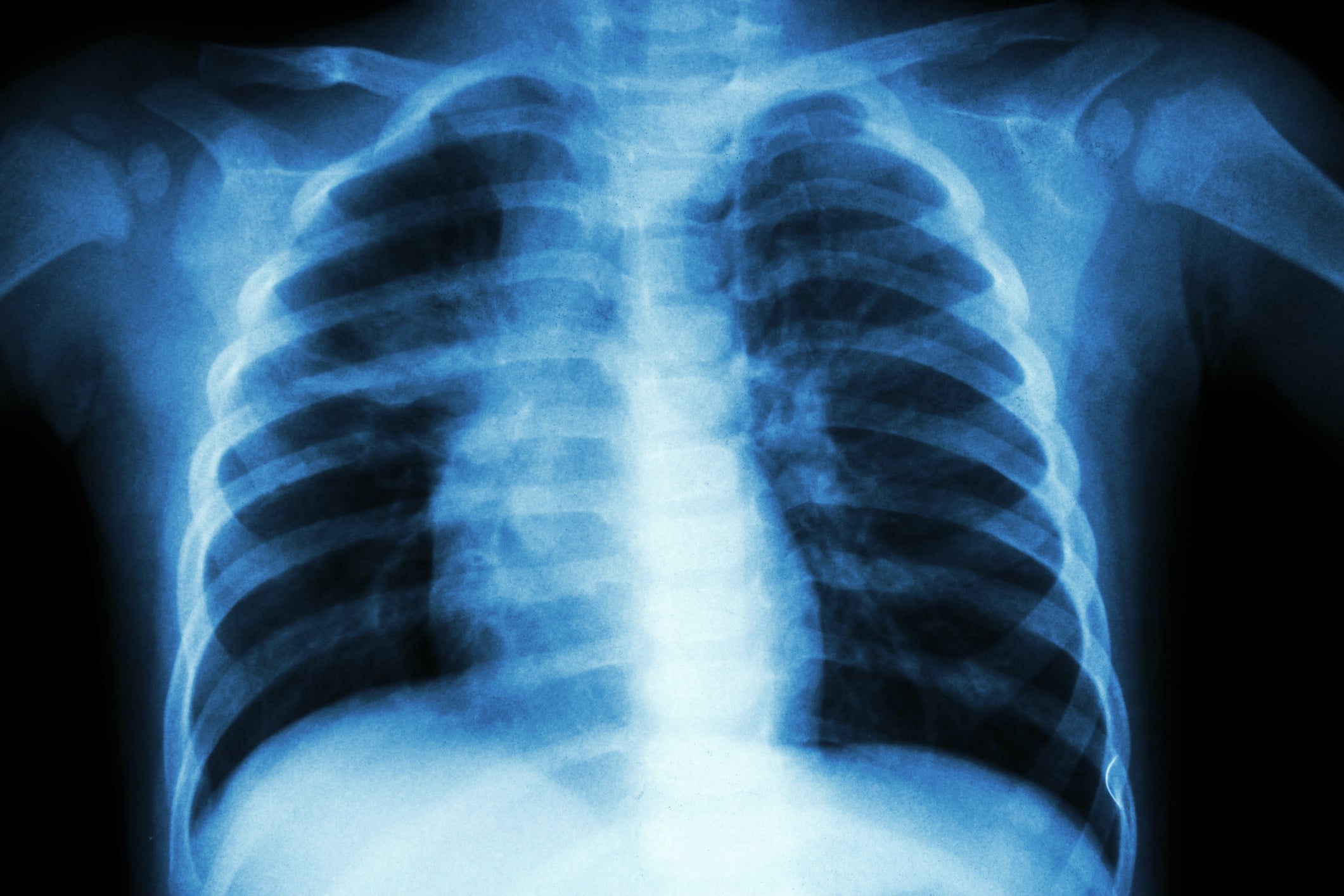Making global health knowledge accessible

January 24, 2023—Next summer will mark the 15th annual session of the Global Health Delivery Intensive program at Harvard T.H. Chan School of Public Health. The three-week non-degree program brings together mid-career professionals from around the world to gain skills and think through issues relating to improving health care delivery for patients. Co-directed by Rebecca Weintraub and Joseph Rhatigan, it is one of the few programs that bridges Harvard Chan School and Harvard Medical School.
Students enroll in three courses, which are also components of the Master of Medical Sciences in Global Health Delivery degree-program offered through HMS. The courses cover topics including the design of effective global health interventions, epidemiological methods for global health, and management practices. Students also participate in additional learning and mentorship opportunities. To date, more than 550 clinicians, policy leaders, and government administrators from 80 countries have attended.
Next year’s program will be held virtually from July 6-28. Applications close February 1.
The annual intensive has proven powerful for both students and faculty members, said Julie Rosenberg, deputy director of the Global Health Delivery Project (GHD), which houses the program. “The work in global health can be really hard and isolating. There are a lot of uphill battles that you’re fighting. So, when people come together who are working for the same cause with a shared commitment, shared passion, and shared values, that’s reinvigorating.”
During the program’s graduation ceremonies, students often speak about what it means to be part of a community of changemakers and how energized they are to continue their work. The GHDI website shares their reflections and stories. After the program, students join an alumni community that continues to provide support and share best practices.
“I always come away from my experiences teaching in this course and engaging with these remarkable students with a new lens on my own work,” said Jessica Cohen, Bruce A. Beal, Robert L. Beal, and Alexander S. Beal Associate Professor of Global Health. “The diversity in students’ experiences and insights make for truly engaging discussion about how to tackle the most challenging issues in global health.”
Other Harvard Chan School faculty members who teach during the intensive include Rifat Atun, Richard Siegrist, and Marcello Pagano, who teaches the quantitative course with HMS Lecturer MaryKay Smith Fawzi.
“We’ve been fortunate to have a dedicated group of global health experts from the Harvard faculty who have helped teach the program for over a decade,” said Rhatigan, associate professor in the Department of Global Health and Population at Harvard Chan School, and an associate professor and director of curriculum development for global health delivery training programs at HMS. “It’s a wonderful community that makes the students feel welcome and valued.”
Exchanging knowledge in real time
GHD was founded in 2007 by Jim Kim, Paul Farmer, and Michael Porter, with Director Rebecca Weintraub, assistant professor in the Department of Global Health and Social Medicine at HMS, associate physician at Brigham and Women’s Hospital, and director of vaccine delivery at Ariadne Labs. The goal was to learn from what was going well in global health and to make this knowledge accessible in the form of teaching cases. The program also ran an online community of practice for a decade, promoting real time knowledge exchange, and developed a program—now integrated into Ariadne Labs’ Better Evidence work—to promote access and use of Up to Date, a subscription-based clinical decision support tool.
“We started the Global Health Delivery Project with the idea that there was a gap between the knowledge of what works in improving health for patients and populations and what was being done in the field. By bridging that gap and translating scientific discoveries into better care, we could improve health outcomes, health equity,” said Weintraub. “Teaching is one way we are bridging the gap. We are really trying to carry on the legacy of one of our founders, Paul Farmer, who believed that teaching students was his retirement plan.”
Weintraub, Rhatigan, Rosenberg, and colleagues also wrote a collection of more than 45 teaching cases that cover topics including maternal health, HIV, and the COVID-19 vaccine supply chain. The cases are used during the summer intensive and are also made available for free online, along with teaching notes. They are taught in universities around the globe and have been downloaded tens of thousands of times.
In November, GHD launched a new case on smallpox eradication in conjunction with a virtual learning series called Becoming Better Ancestors. It was produced by the Center for Global Health Innovation and created by public health experts Bill Foege, MPH ’65—who helped develop the vaccination strategy that ultimately broke the cycle of smallpox transmission—and Mark Rosenberg, former U.S. assistant surgeon general and CEO of the Task Force for Global Health.
Work on this project started before the pandemic, Julie Rosenberg noted, but the relevance soon became very clear. “We could see so many parallels with COVID outbreaks and response, and the challenges that public health faced around global coordination of vaccine delivery,” she said. As COVID lingers and other potential pandemics loom on the horizon, “There’s a lot we can learn from the past instead of reinventing the wheel every time something happens. Hopefully this case, and the teaching we do can help lay that foundation.”
Photo: Courtesy of Global Health Delivery Project


